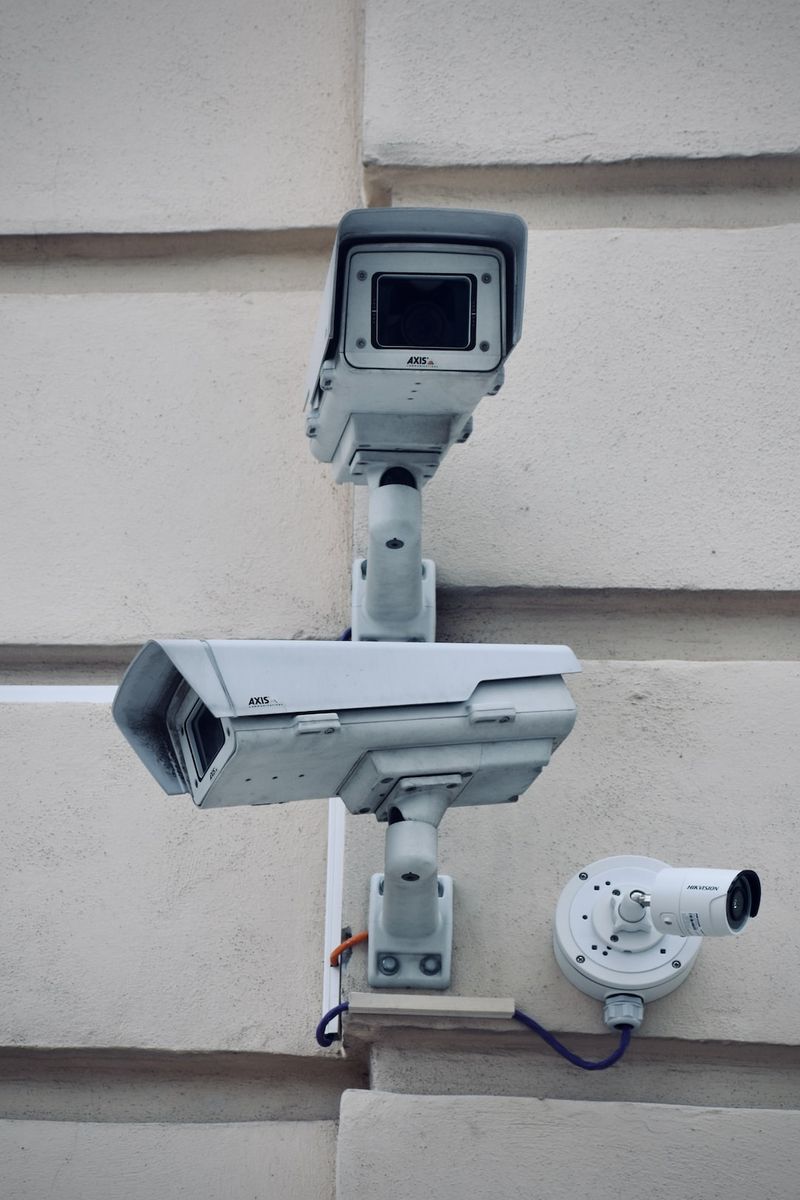Israeli-Hamas Conflict Escalates: A Conflict in Search of Resolution
Introduction
The recent escalation of violence between Israel and Hamas has led to a significant loss of lives and sparked a renewed debate on the future of US military aid to Ukraine. With the crisis in the Middle East deepening, voices of concern are growing louder, both in Israel and abroad. This article aims to analyze the current situation, explore the political dynamics at play, and offer insights into potential paths towards a resolution.
The Israeli Perspective
Israeli Prime Minister Benjamin Netanyahu’s assertion that Israel is at war following the attacks by Hamas signifies the gravity of the situation. The conflict has exposed significant security concerns for Israel, particularly the indiscriminate nature of Hamas‘ rocket attacks. Israel, as a nation, has the right to defend itself against any threats to its citizens and territorial integrity. However, questions arise about the proportionality of the Israeli response and the impact on innocent civilians in Gaza.
The Hamas Factor
Hamas, the Palestinian militant group governing the Gaza Strip, has faced criticism for initiating missile attacks on Israeli cities. These attacks not only endanger Israeli civilians but also heighten tensions in an already volatile region. The motivations behind Hamas‘ offensive lie in the broader context of the Israeli-Palestinian conflict, including territorial disputes, grievances over the ongoing occupation, and the lack of progress in peace negotiations.
International Response
The international community has expressed concerns regarding the mounting casualties and destruction caused by the conflict. Calls for a ceasefire have emerged from various quarters, urging Israel and Hamas to engage in peaceful dialogue to de-escalate the situation. The United Nations and regional powers, such as Egypt and Jordan, have played vital roles in mediating previous confrontations. Diplomatic efforts must be intensified to prevent further loss of life and find a lasting resolution.
US Military Aid and Ukraine
The crisis in the Middle East has indirectly impacted discussions surrounding US military aid to Ukraine. The growing alarm in Washington arises from concerns that diverting resources and attention to the Israeli-Hamas conflict may hinder the United States’ ability to assist Ukraine in countering Russian aggression. This debate highlights the delicate balance policymakers must maintain in addressing multiple global crises simultaneously.
Editorial: Pathways to Peace
The Israeli-Hamas conflict underscores the urgent need for a long-term solution towards peace in the Middle East. A comprehensive approach should focus on addressing the root causes of the conflict, such as settlement expansion, the status of Jerusalem, and the right to self-determination for Palestinians. Diplomatic efforts should be intensified, involving key stakeholders, such as the Quartet on the Middle East, United Nations, and regional actors. Unless grievances are adequately addressed, the cycle of violence will likely continue, perpetuating the suffering of both Israelis and Palestinians.
Recommendations
1. Ceasefire: Immediate cessation of hostilities should be pursued by Israel and Hamas, facilitated by international mediators.
2. Humanitarian Assistance: Increased international aid should be directed towards addressing the urgent needs of civilians affected by the conflict, particularly in Gaza.
3. Diplomatic Dialogue: Leaders from Israel, Palestine, and international stakeholders should engage in meaningful negotiations to find a path towards sustainable peace, which includes addressing the core issues fueling the conflict.
4. International Support: The United States, European Union, and other key actors should actively support diplomatic efforts and encourage both parties to demonstrate restraint to avoid escalating tensions further.
Conclusion
The Israeli-Hamas conflict is a painful reminder of the unresolved issues and deep-rooted grievances in the Israeli-Palestinian conflict. Achieving lasting peace requires political will, leadership, and concerted international efforts. It is imperative to put an end to the cycles of violence and establish mechanisms that address the aspirations for security, justice, and self-determination of both Israelis and Palestinians. Only through inclusive dialogue and compromise can a just and sustainable resolution be achieved for all parties involved.

<< photo by Austrian National Library >>
The image is for illustrative purposes only and does not depict the actual situation.
You might want to read !
- The Clash of the Titans: A Guide to Watching Leeds United vs Bristol City
- Exploring the epic clash: Unraveling the South Africa vs Sri Lanka showdown – World Cup 2023 live report
- War on the Horizon: Netanyahu Declares after Devastating Surprise Attack
- The Escalation of Violence: Palestinian Infiltration from Gaza Strip Following Rocket Attack.
- Title: Analysis: Nottingham Forest’s Resilience Forces Crystal Palace to Settle for a Draw
- Crystal Palace vs Nottingham Forest: Premier League Clash Ends in Thrilling Showdown
- The Celtic Clash: A Preview of Ireland’s RWC23 Showdown with Scotland in 10 Quotes
- Lance Stroll’s Controversial Six-Word Interview Sparks Outrage
- “We are at war,” Netanyahu declares after massive surprise attack by [unknown aggressor]: Analysis & Implications for Israel’s Security
- Mahrez’s £30m Transfer to Al-Ahli: A Game-Changer for Middle Eastern Football?
- Exploring the Rich Traditions and Rituals of Eid Al-Adha: A Celebration of Faith and Sacrifice
- Exploring Leicester City’s Championship Success: A Thrilling Showdown Against Stoke City
- Iheanacho and Vardy Shine as Leicester Maintain Top Position with Victory over Stoke
- “Cultural Appropriation or Ignorance? Doja Cat’s Controversial Choice of T-Shirt Raises Eyebrows”
- “Battle of Cricket Titans: Afghanistan takes on Bangladesh in ICC Cricket World Cup 2023”
- Dale Vince Withdraws Funding for Just Stop Oil, Raising Questions About Labour Support
- BRICS: Bridging the Gap Between the Global South and Apartheid
- Editorial Exploration: The potential for peace talks in the ongoing Ukraine war
Title: “Seeking Solutions: Exploring Potential for Peace Talks in the Ongoing Ukraine War”




